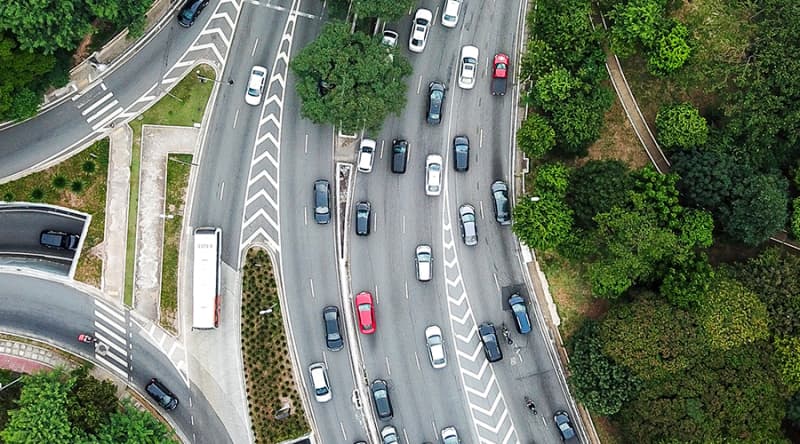India Embraces AI to Inspect and Maintain 20,000 km of Road Network
Related Articles
AI से क्वांटम कंप्यूटिंग तक… भारत-फिनलैंड के बीच हुए कई बड़े समझौते
भारत और फिनलैंड के बीच हाल ही में हुए समझौतों ने दोनों देशों के रिश्तों को नई दिशा दी है। पीएम मोदी और फिनलैंड...
Florida Man Believed AI Chatbot Was His Wife, Dies by Suicide
A new wrongful-death lawsuit in the United States has sparked significant discussion regarding the mental health implications of advanced AI chatbots. The family of...
AI Transformation: Are Entry-Level Jobs Disappearing for Graduates?
The job market for recent graduates is undergoing significant changes, with the pace of transformation outpacing many educational institutions' abilities to adapt. Artificial intelligence...


